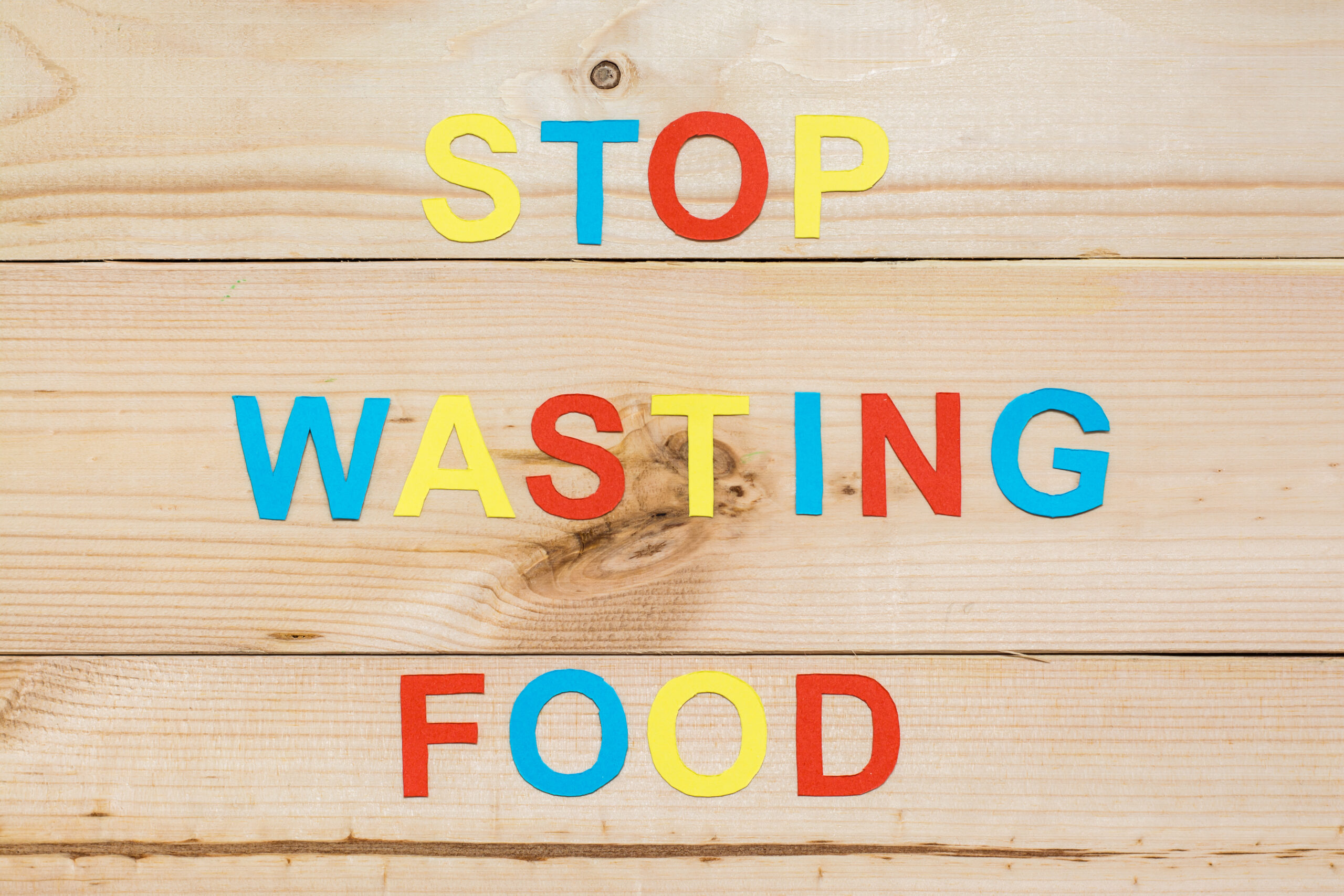While chicken is the most common type of poultry consumed around the world, to some, its meaning has changed considerably over the last few years thanks to the growing vegan movement. Today, on World Chicken Day, let’s explore how chicken has evolved throughout the last decade and determine whether vegan chicken can legally be called “chicken.”
Plant-based meat alternatives have helped reshape the landscape of the food industry over the last few years. The global plant-based meat market was worth an estimated $4.3 billion in 2020 and is projected to nearly double to $8.3 billion by 2025. With a compound annual growth rate (CAGR) of 14 percent, it is growing at a much higher and faster rate than its animal-based counterparts.
This exponential growth is especially true of meatless chicken products, which are growing at a rate of approximately 18 percent — more than four times higher than chicken from animals. Two of the biggest players in plant-based meat, Beyond Meat and Impossible Foods, have realized the potential of the category and both recently ventured into plant-based chicken.
Related: Why and How to Celebrate World Vegan Day 2021
On menus and food packaging, it is not uncommon for vegan chicken to be called “chicken,” since the names that are given to different foods are merely approximations of what they are. Even though vegan chicken is generally made with a combination of plant-based ingredients designed to mimic the taste and texture of chicken, it contains no real chicken. So, is calling it “chicken” misleading, and more importantly, is it legal?
The answer is: it depends. In 2017, meat producers in the EU lobbied to have animal-based food terms like “meat,” “bacon,” and “chicken nuggets” removed from vegetarian and vegan products, suggesting they are misleading to consumers. Even if the word is followed by “vegan” or “plant-based,” meat producers believed there should be alternative names for foods that don’t contain meat.
In the US, some meat industry professionals have taken it a step further. In 2019, some ranchers, farmers and their lobbyists worked to pass legislation in 24 states to make it illegal for vegan foods to be called meat. These attempts to preserve the true definition of meat were met with counterarguments by alt-meat makers, including Tofurkey. They argued that the law would violate the First and Fourteenth Amendments and patronizes consumers who understand what is meant when “chicken” is modified by the word “vegan.”
Other legal battles have been fought on a case-by-case basis. For example, vegan meat producer LoveSeitan was forced to rename one of its products from Funky Chyck’n to Seitan Chyck’n, despite holding the initial name for over two years. Even though the original name did not use the word “chicken,” lawyers on the case cited that its name was too similar to that of chicken wholesaler House of Westphalia’s trademarked Funky Chicken product.
While there are no overarching laws dictating that vegan chicken is not allowed to be called “chicken,” many plant-based chicken producers have given their products alternative names to ensure consumers know exactly what they’re getting. Vegan brand Gardein, for example, calls its chicken products “Chick’n.”
This World Chicken Day, as vegan diets continue to grow in popularity, producers of animal-based chicken remain protective over their territory. However, their efforts have been futile and it remains to be seen whether vegan chicken will undergo a mass name change in the future.












Join or login to leave a comment
JOIN LOGIN